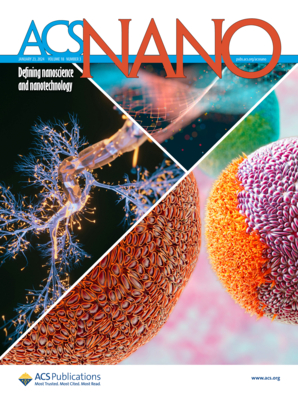A CRISPR-Cas and Argonaute-Driven Two-Factor Authentication Strategy for Information Security
IF 15.8
1区 材料科学
Q1 CHEMISTRY, MULTIDISCIPLINARY
引用次数: 0
Abstract
The escalating growth in computing power and the advent of quantum computing present a critical threat to the security of modern cryptography. Two-factor authentication strategies can effectively resist brute-force attacks to improve the security of access control. Herein, we proposed a two-factor and two-authentication entity strategy based on the trans-cleavage activity of CRISPR-Cas and the “dual-step” sequence-specific cleavage of Pyrococcus furiosus Argonaute. In this strategy, the output of authentication entity 1 acted as a component to operate authentication entity 2, thus enabling a role-based molecular model that implemented access control for the three roles. To further enhance information security, we designed knowledge suppression factors to constitute the command library and possession suppression factors to resist brute-force attacks. This study will promote the development of advanced molecular access control and its applications in biomedical diagnostics and data security.

求助全文
约1分钟内获得全文
求助全文
来源期刊

ACS Nano
工程技术-材料科学:综合
CiteScore
26.00
自引率
4.10%
发文量
1627
审稿时长
1.7 months
期刊介绍:
ACS Nano, published monthly, serves as an international forum for comprehensive articles on nanoscience and nanotechnology research at the intersections of chemistry, biology, materials science, physics, and engineering. The journal fosters communication among scientists in these communities, facilitating collaboration, new research opportunities, and advancements through discoveries. ACS Nano covers synthesis, assembly, characterization, theory, and simulation of nanostructures, nanobiotechnology, nanofabrication, methods and tools for nanoscience and nanotechnology, and self- and directed-assembly. Alongside original research articles, it offers thorough reviews, perspectives on cutting-edge research, and discussions envisioning the future of nanoscience and nanotechnology.
 求助内容:
求助内容: 应助结果提醒方式:
应助结果提醒方式:


